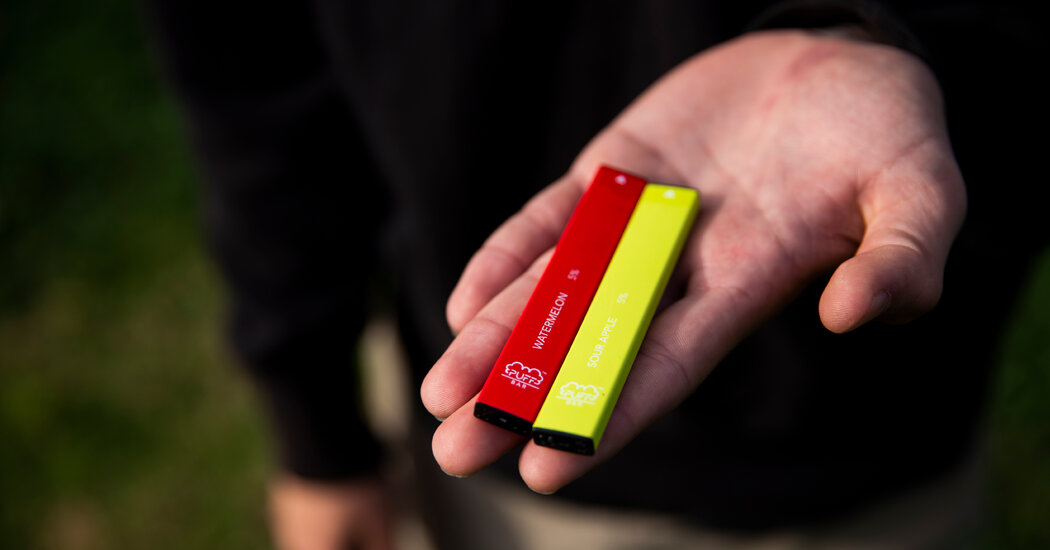
The News
Teenagers who use cannabis, alcohol and nicotine are more likely to have underlying psychiatric symptoms, and worse symptoms, than their peers who are not regularly using substances, new research has found.
The research, published Monday in JAMA Pediatrics, found that such substances are linked to an array of symptoms and conditions, including anxiety, depression, hyperactivity and suicidal ideation. These findings suggest that asking adolescents about substance use may provide a powerful screening tool when looking for underlying mental health issues, researchers said.
“Universally screening for psychiatric symptoms in the context of all types of substance use is what we think might be most important,” said Brenden Tervo-Clemmens, assistant professor of psychiatry at the University of Minnesota and lead author of the paper.
“All the symptoms of mental health we examined, be it depression, suicidal thoughts, ADHD, were elevated no matter what the substance was,” he added.
The Findings: Drug Use as Self-Medication
The paper found that the link between substance use and mental health existed even at low levels of drug and alcohol use. Dr. Tervo-Clemmens said that adolescents with low levels of substance use may be self-medicating and that their relatively modest substance use was not likely to be causing the underlying mental health challenges.
But the research also found that the most frequent and intensive users of the substances experienced the most severe mental health symptoms. In these instances, Dr. Tervo-Clemmens said, the adolescents may be worsening their symptoms even as they use substances to self-medicate.
Specifically, the study found that daily or near-daily use — but not weekly or monthly use — of substances was linked to a moderate increase in symptoms. Researchers described the connection as “dose dependent,” because the level of use was linked to the intensity of symptoms.
